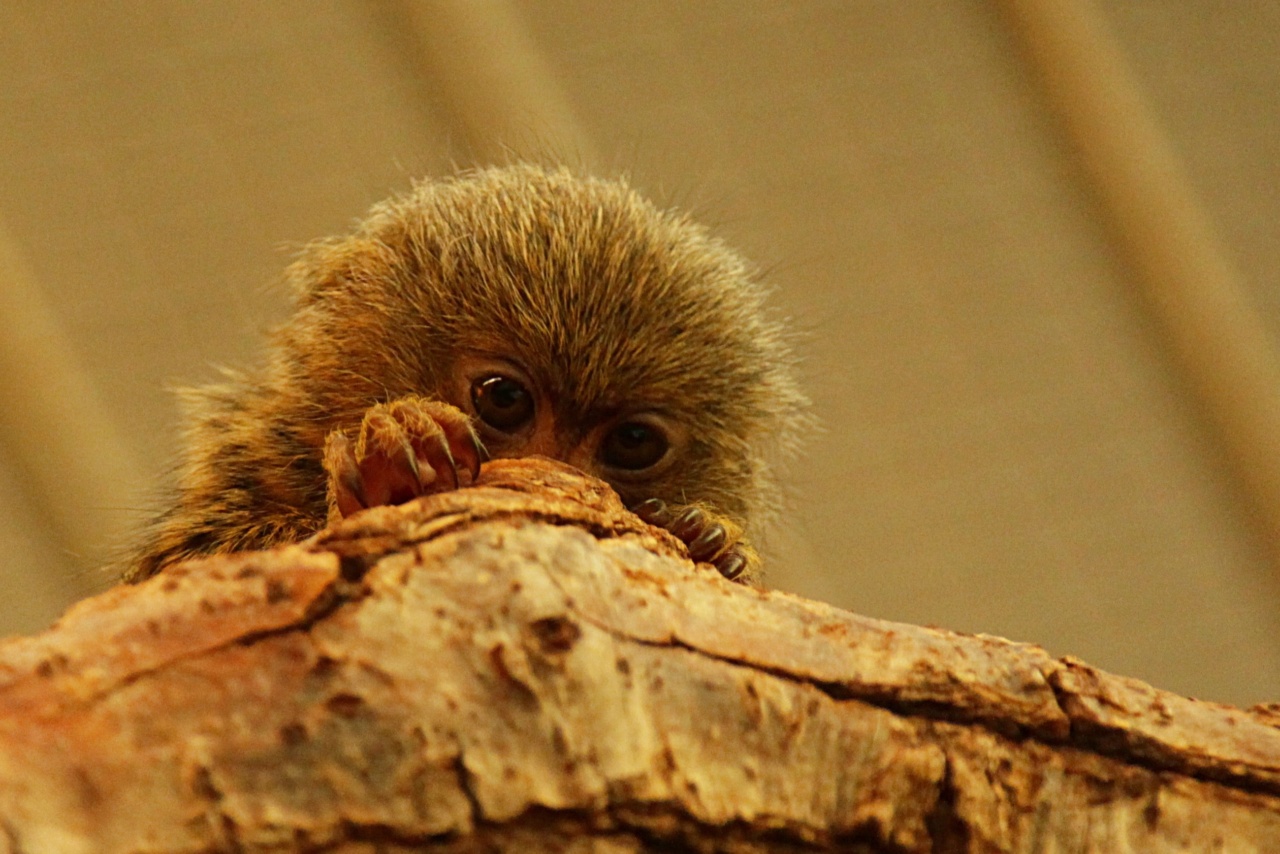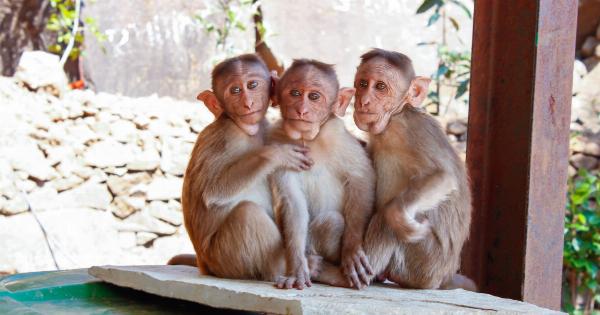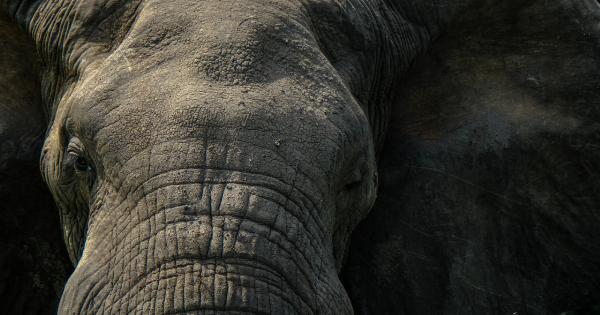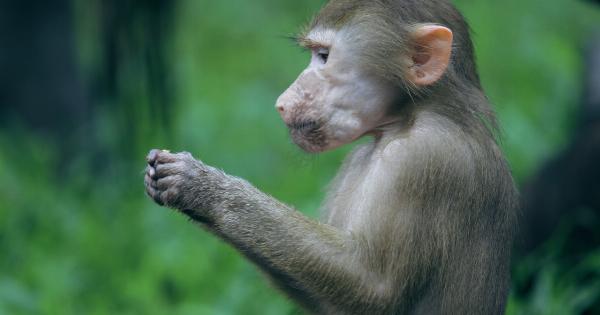Monkeys are one of the most commonly used animals in experiments today. From the study of neurological disorders to testing drugs and chemicals, monkeys have long been used in research labs for scientific experimentation.
While such research can be important, animal welfare advocates have raised concerns over the conditions these animals are often subjected to and the impact on their physical and mental health.
Despite the controversies surrounding animal testing, it remains a widespread practice in many countries around the world. Many believe that animal testing is necessary in order to further our scientific knowledge and improve human health.
However, others argue that it involves unnecessary pain, suffering, and death for the animals involved.
What Are Monkey Experiments?
Monkey experiments involve the use of primates in a variety of scientific studies. These experiments can include invasive procedures such as surgical implants, drug injections, and other forms of manipulation.
The primates are usually housed in small cages, which can cause stress and psychological harm to the animals.
In many cases, monkeys are used as models for human diseases and conditions.
For example, researchers may use monkeys to study the effects of new drugs on neurological disorders like Alzheimer’s disease or to study the effects of chemicals on reproductive health. However, such studies often involve invasive procedures that can cause significant pain and distress for the animals involved.
The Risks and Harms of Monkey Experiments
Monkeys who are used for experiments can experience a range of harms and negative impacts. These can include psychological stress, physical harm, and even death.
In addition, the conditions that lab monkeys are often kept in can also cause significant suffering. Many monkeys are housed in barren cages with little room for movement or social interaction. This can lead to boredom, frustration, and other forms of psychological distress.
Furthermore, monkeys who are used in experiments are often subjected to invasive procedures that can cause significant pain and discomfort. Some of these procedures can include drug injections and surgical implants.
In other cases, monkeys may be subjected to various forms of manipulation, including electric shocks and other forms of negative reinforcement.
The Alternatives to Monkey Experiments
Despite the continued use of monkeys in scientific research, there are a number of alternatives that can be used instead. These alternatives include computer modeling, cell culture studies, and animal-free testing methods.
While each of these alternatives has its own limitations, they are generally considered to be less harmful than monkey experiments and are less likely to involve animal suffering.
In addition to these alternatives, there are also many non-invasive methods for studying primate behavior and cognition. These include observation studies, field experiments, and non-invasive imaging techniques.
By using these methods, researchers can gain a better understanding of primate behavior and cognition without causing harm or distress to the animals involved.
The Ethics of Monkey Experiments
Despite the potential benefits of monkey experiments, there are many ethical concerns surrounding their use. One of the key issues is the suffering that these experiments can cause to the animals involved.
Many animal welfare advocates argue that it is wrong to subject animals to invasive procedures and other forms of manipulation in the name of scientific research.
Furthermore, there are also concerns about the validity of using monkeys as models for human diseases and conditions. While monkeys are similar to humans in many ways, there are also significant differences that can limit the usefulness of these models.
In addition, there are concerns about the quality and accuracy of the research that is conducted on monkeys, with some arguing that it is often biased or poorly designed.
The Role of Regulation in Monkey Experiments
Due to the ethical concerns surrounding monkey experiments, there are a number of regulations and guidelines in place to ensure that these experiments are conducted in an ethical and humane manner.
These regulations can vary by country, but generally require that experiments involving animals are justified, that they are conducted in the most humane way possible, and that animals are provided with appropriate housing and care.
While these regulations can help to mitigate some of the harms associated with monkey experiments, many animal welfare advocates argue that they do not go far enough.
They argue that more needs to be done to reduce the number of animals used in experiments and to improve the conditions in which they are housed and cared for.
The Future of Monkey Experiments
Despite the criticisms and controversies surrounding monkey experiments, they continue to be one of the most commonly used animals in scientific research.
However, there is growing awareness and concern about the ethics of such experiments, and many are pushing for alternatives to be used instead. These alternatives can help to reduce the harm and suffering caused to animals and can also lead to more accurate and ethical scientific research.
Ultimately, the future of monkey experiments will depend on a number of factors, including advances in alternative methods, changes in regulations and guidelines, and a growing awareness of the ethical concerns surrounding animal testing.
While there is no easy solution to this complex issue, it is clear that there is a need for continued dialogue and collaboration between animal welfare advocates, scientists, and policymakers in order to find a more humane and ethical approach to scientific research.































